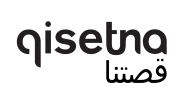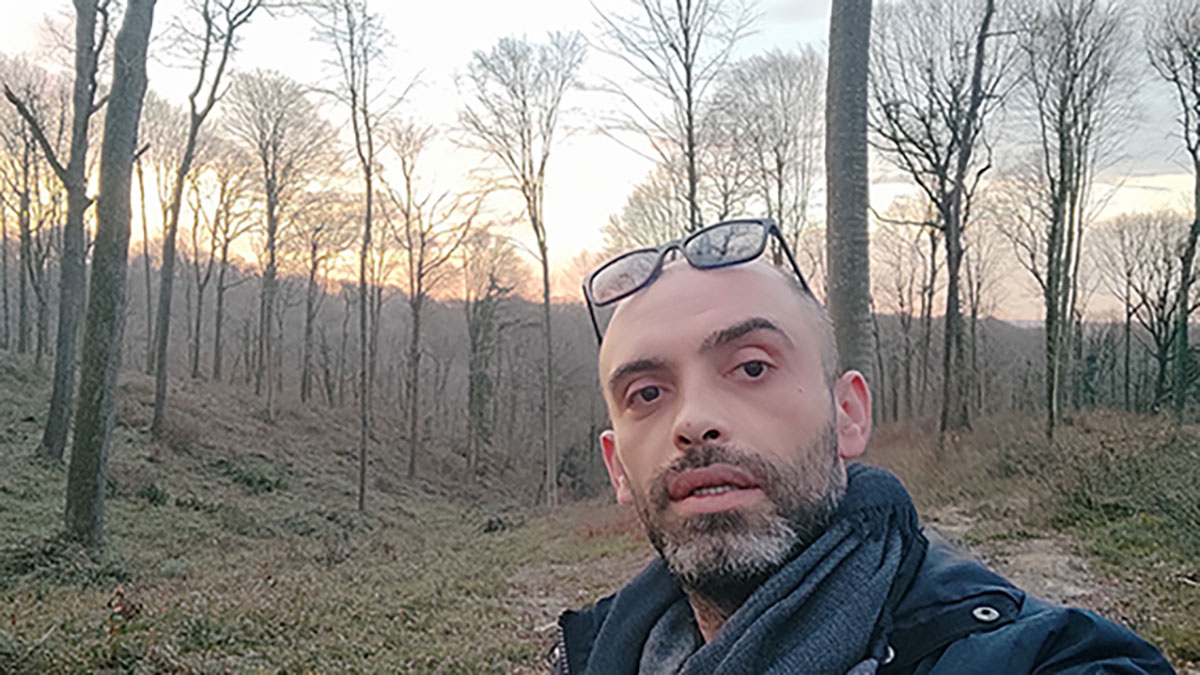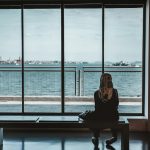Writer – Maria H.
Interviewee – Mohammad Orwani
In a recent conversation, Syrian journalist Mohammad Orwani shared his idea of “jannah” (paradise) as the ability to visualise the realisation of our hopes. For him, paradise (or an ideal state of existence), is ultimately a situation whereby we flourish—not only survive. I asked Mohammad a few questions to find out how he holds onto the concept while living as a Syrian refugee.
In terms of resilience and the importance of hope, what is the significance of being a creative artist?
Being an artist and writer helps that person to engage with people’s hopes; to understand what is happening and how to face the moment.
What does jannah mean to you?
My idea of paradise works from a vision towards reality. In part a state of mind and yet ideally more than this. Something we could realise in our lives.
After growing up in Hama, Mohammad trained and worked as a journalist and radio announcer in Damascus from 2006 to 2012. Under al-Assad’s brutal regime, Mohammad was jailed in the Qaboun Military Prison, for refusing to take part in military service.
“There was only one small, high up window, with so many prisoners in a cell that the men had to sleep standing.”
How did you find the resilience to endure this situation?
“It was the door that gave hope. Imagining that something else existed beyond the prison door.”
Forced to join the army after release, Mohammad managed to escape to Douma in eastern Ghouta. There he worked for resistance as a human rights activist with the Violations Documentation Centre in Syria, (VDC), forwarding reports collated from research to the United Nations. With the town under siege, however, fuel supplies were frequently cut, and restrictions on food led to inadequate meals, sometimes made from cattle feed. By then it was 2013, and if the tenacious determination required to share and document the truth in such arduous conditions was already being put to the test, worse was still to come.
“On December 9, 2013, a group of armed men stormed into the VDC office in Douma and abducted Razan Zaitouneh, the head of the VDC, along with her colleagues – Wael Hamada (her husband), Samira al-Khalil, and Nazem Hamadi. Sadly, there has been no news of their whereabouts since.”
Mohammad decided to flee the city.
“After a narrow escape with two colleagues – only because we were outside the office at the time of the abduction – I made the decision to leave Douma. First fleeing beyond the soldiers surrounding the city, I then had to pass checkpoints using fake ID, before finally crossing the border to reach Turkey.”
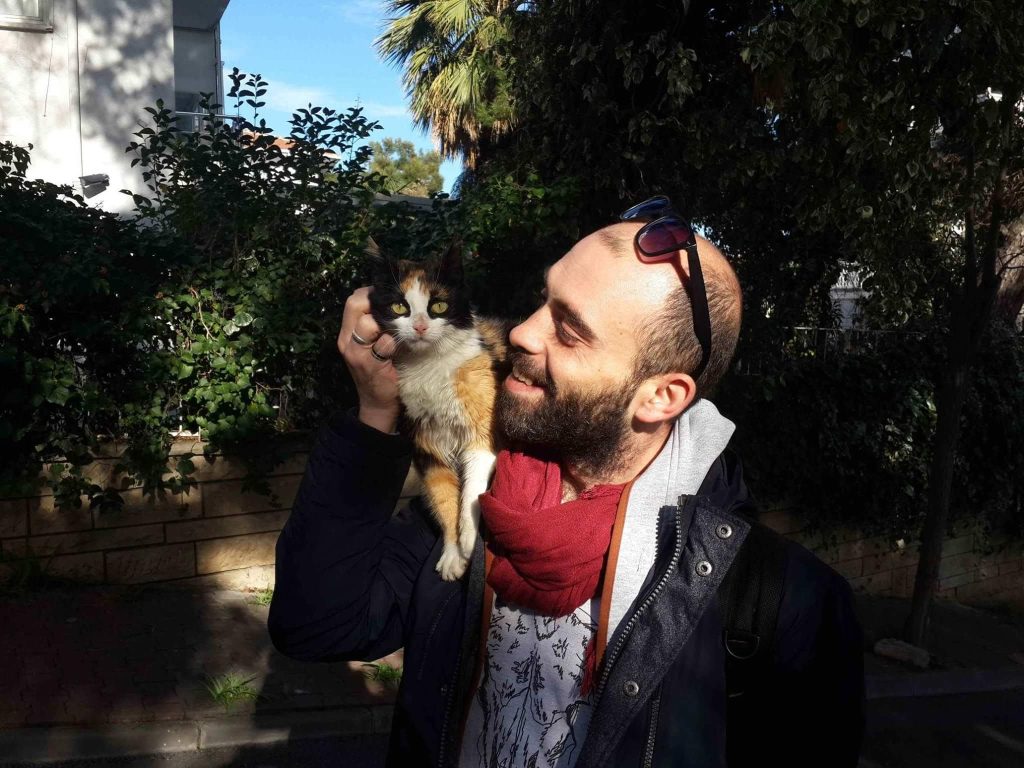
What kept you going through these immense challenges?
“Always the hope that I would see my mother again, a vision of us sitting down for coffee together fuelled the hope to drive me on.”
Never losing site of this vision, Mohammad was finally reunited with his mother in Turkey when she arrived to take care of him after an accident.
“She entered Turkey after a very difficult and dangerous journey. She was incredibly brave. Meeting in Ghouta during the siege was out of the question. My mother stayed with me for two months before returning to Syria.”
In Istanbul Mohammad frequented cafés where he met artists and writers keeping Syrian heritage alive and the idea of Janna Janna. Mohammad started a project with humming as a kind of abstract music, finding solace in this creativity.
What does the humming project mean to you? I asked.
“Humming enables me to return to childhood without the danger or the difficulty of returning to Hama itself (in Syria) where he grew up. Humming evokes the sounds of the Orontes River that flows through Hama – in Arabic, the Al-Assi River – and the turning water wheels, called Norias – Arabic, that irrigate the city’s land and homes. The abstract sounds.”
Mohammad’s aesthetics provides food for the soul, his imagination stirring the solace of memory, while stimulating memories for refugees in a diaspora that moves with its people.
Mohammad’s concept of Janna Janna reaches into the therapeutics of transcendent expressions, beyond divisive arguments, while seeking to promote and realise wellbeing in reality. When the Turkish government began to assertively incentivise or coerce Syrians to return home, Mohammad decided to leave Turkey, once again displaced. Now a refugee with his wife in a camp in Belgium, and once again he has his mind set on his hopes, because hope is transformative psychologically, building strength and the comfort of vision.
“Paradise was a cup of coffee with my mother. Now for me it’s a reunion with my cats.”
For Mohammad having tangible hopes within possible reach spurs the tenacity to keep working for a dream instead of letting go and giving up. It seems part of a pathway towards realising an idea of Janna Janna – as a fulfilment of hope. Significantly his hopes are about connectedness, love for humans and animals.
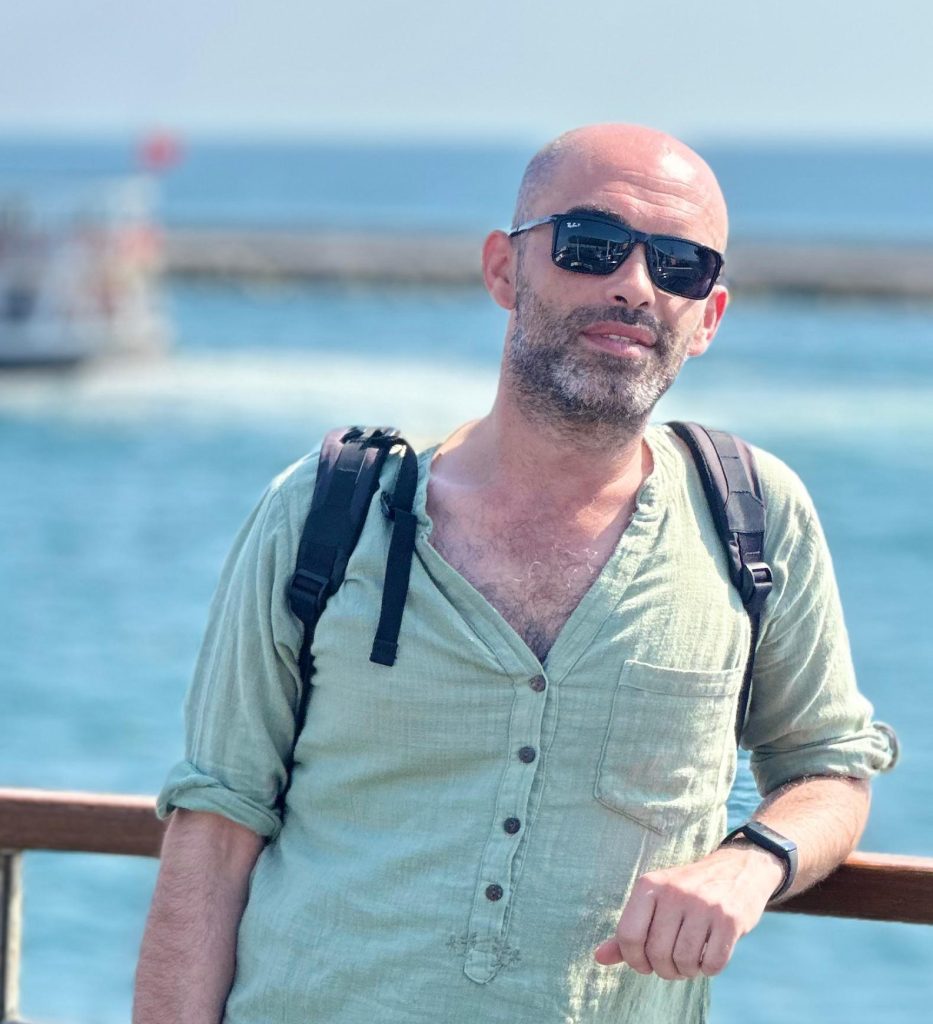
And what about your father? (Having learned at the start of our conversation that Mohammad father had been tortured in jail I could not end the conversation without finding out more.)
“My father is at home in Hama,” said Mohammad.
Relieved to hear that his father is still alive, I asked Mohammad what has been happening in Syria politically since the fall of Assad’s regime.
Mohammad described the situation as unstable and democracy as yet unrealised. Indeed the economy has been badly impacted by years of war and regime. He emphasised, nevertheless, how a hope-inspired mindset may prevail, combining a forward-looking vision with a compassion for nature and humanity.
“When I choose to keep my eyes forward, I choose to forget the difficult times and trauma. This enabled me to survive. But it’s not just surviving. We want the chance to thrive.”
A key element of Mohammad’s psychology, and vision for paradise, rests onompassion: hopes for reunions with family, quests for democracy and progress for his country embedding a selfless humanity. Yet to significantly improve well being for refugees, to grant the freedom and possibility to thrive in homes beyond camps, thriving instead of only just surviving, requires governments – those with influence – to work for the displaced, remembering that we are one human race. An idea of paradise may bring solace, but to make it reality is surely the goal.
At that time, my mother was still living in the city of Hama, and she came to Turkey specifically to take care of me after the accident.
She entered Turkey through irregular means, and her journey was very difficult and dangerous. She was incredibly brave.
Despite all the challenges and risks, entering Turkey was ultimately possible. However, it would have been impossible for her—or anyone else—to enter Eastern Ghouta during the siege period.
Meeting in Ghouta was out of the question, but meeting in Turkey was possible, even with the associated dangers.
My mother stayed with me for two months before returning to Syria.
